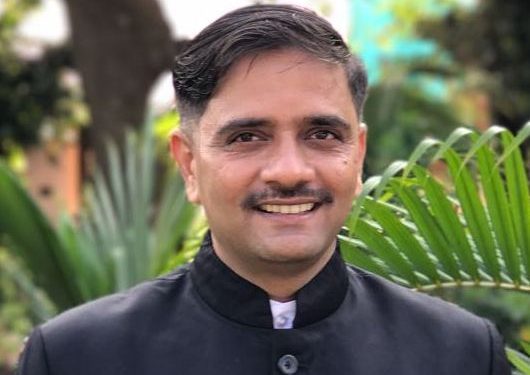In 2020, Ganjam was termed as a ‘Covid hotspot’ of Odisha. However, this year the district admin believes the condition is quite better. Speaking to Manish Kumar of Orissa POST, Ganjam Collector Vijay Amruta Kulange talks more on the issue. Excerpts:
Do you now see influx of migrants to Ganjam like last year?
Last year, around 4 lakh migrants had come to Ganjam from different parts of the state and the country when the Covid cases rose across India and lockdown was imposed. However, this year the numbers are quite low. This year, we have seen return of only 11,000 migrants. The number this time is not expected to swell like last year.
Where the maximum migrants of Ganjam are heading towards?
Ganjam migrants are not distressed migrants. They are skilled people. Maximum migration is towards Surat in Gujarat. Many of them are doing good job in the textile and diamond industries there.
There was Covid explosion in Ganjam last year. What were the reasons behind this?
Till the initial days of May 2020, we had been reporting the minimum cases of the infection in the state but as large number of people from other states came back to the district, the cases kept on rising. However, this year there is hardly any chance of the district becoming a hotspot again due to absence of lockdown and shutdown of industries in Surat.
How well prepared the Ganjam administration is to tackle the pandemic?
This time we are working more on improving hospital infrastructure to ensure more facilities to cater the needs of Covid patients. We have two Covid hospitals as of now. Two more such hospitals are coming up in the next five days. We are eying to scale up the number of hospital beds to 6,000 and 50 per cent of them will be with oxygen beds. We can see the results on the ground within next 10 days.
Ganjam is known to host the maximum cases of HIV/AIDS. What steps you are taking to reduce this fatal infection?
HIV/AIDS cases are declining in the district. We have taken several steps to bring the cases down. We are working on increasing awareness, holding counselling sessions and also taking the women folks of the migrant families for counselling classes to make them more informed on the disease and keep their families away from the disease.






































